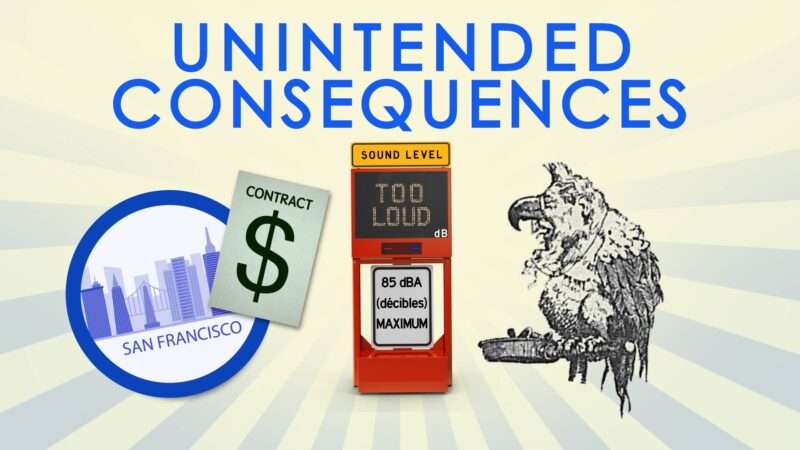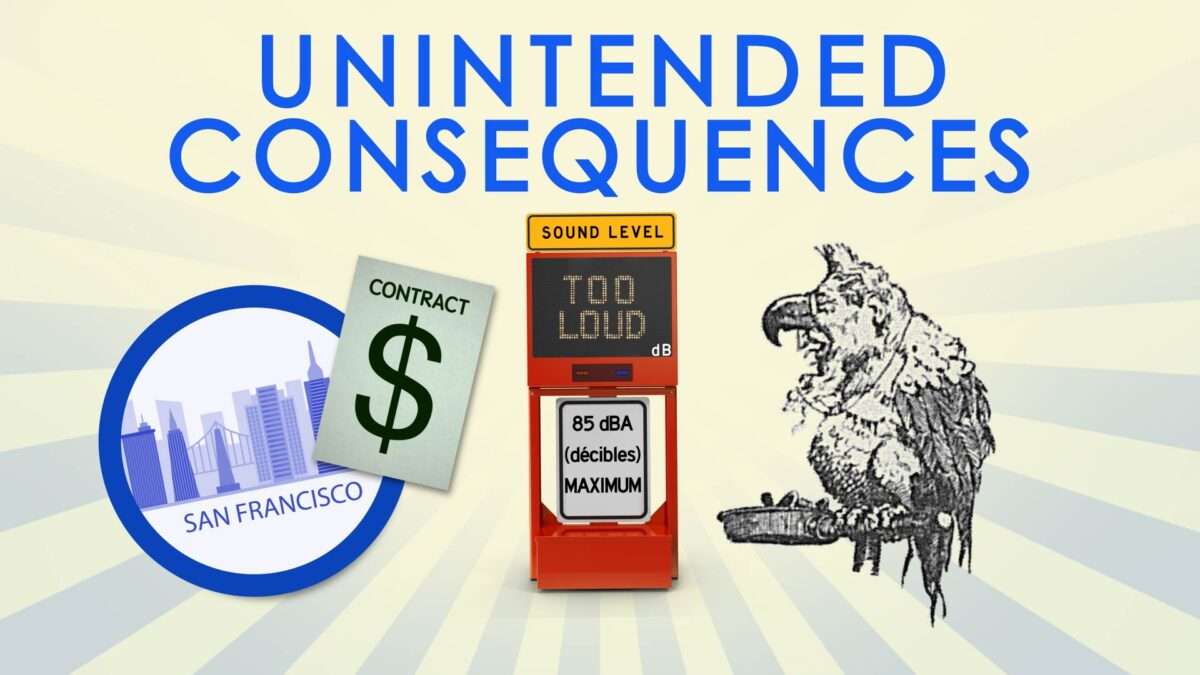Jim Jordan Demands Advertisers Explain Why They Don’t Advertise On MAGA Media Sites
Remember last month when ExTwitter excitedly “rejoined GARM” (the Global Alliance for Responsible Media, an advertising consortium focused on brand safety)? And then, a week later, after Rep. Jim Jordan released a misleading report about GARM, Elon Musk said he was going to sue GARM and hoped criminal investigations would be opened?
Unsurprisingly, Jordan has now ratcheted things up a notch by sending investigative demands to a long list of top advertisers associated with GARM. The letter effectively accuses these advertisers of antitrust violations for choosing not to advertise on conservative media sites, based on GARM’s recommendations on how to best protect brand safety.
The link there shows all the letters, but we’ll just stick with the first one, to Adidas. The letter doesn’t make any demands specifically about ExTwitter, but does name the GOP’s favorite media sites, and demands to know whether any of these advertisers agreed not to advertise on those properties. In short, this is an elected official demanding to know why a private company chose not to give money to media sites that support that elected official:
Was Adidas Group aware of the coordinated actions taken by GARM toward news outlets and podcasts such as The Joe Rogan Experience, The Daily Wire, Breitbart News, or Fox News, or other conservative media? Does Adidas Group support GARM’s coordinated actions toward these news outlets and podcasts?
Jordan is also demanding all sorts of documents and answers to questions. He is suggesting strongly that GARM’s actions (presenting ways that advertisers might avoid, say, having their brands show up next to neo-Nazi content) were a violation of antitrust law.
This is all nonsense. First of all, choosing not to advertise somewhere is protected by the First Amendment. And there are good fucking reasons not to advertise on media properties most closely associated with nonsense peddling, extremist culture wars, and just general stupidity.
Even more ridiculous is that the letter cites NAACP v. Claiborne Hardware, which is literally the Supreme Court case that establishes that group boycotts are protected speech. It’s the case that says not supporting a business for the purpose of protest, while economic activity, is still protected speech and can’t be regulated by the government (and it’s arguable that what does GARM does is even a boycott at all).
As the Court noted, in holding that organizing a boycott was protected by the First Amendment:
The First Amendment similarly restricts the ability of the State to impose liability on an individual solely because of his association with another.
But, of course, one person who is quite excited is Elon Musk. He quote tweeted (they’re still tweets, right?) the House Judiciary’s announcement of the demands with a popcorn emoji:

So, yeah. Mr. “Free Speech Absolutist,” who claims the Twitter files show unfair attempts by governments to influence speech, now supports the government trying to pressure brands into advertising on certain media properties. It’s funny how the “free speech absolutist” keeps throwing the basic, fundamental principles of free speech out the window the second he doesn’t like the results.
That’s not supporting free speech at all. But, then again, for Elon to support free speech, he’d first have to learn what it means, and he’s shown no inclination of ever doing that.


